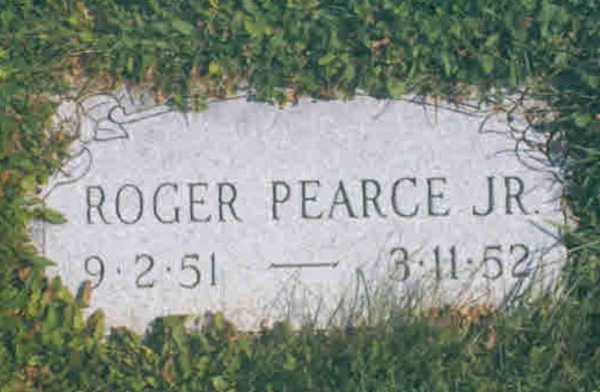Lawyer suspended for Facebook advice on how to shoot an abuser and avoid conviction

Image from Shutterstock.com.
A Nashville, Tennessee, lawyer has been suspended for advising a Facebook friend on how she could use the castle doctrine to protect herself if she shot a former boyfriend she had accused of abuse.
In a Jan. 22 opinion, the Tennessee Supreme Court suspended lawyer Winston Bradshaw Sitton for four years, with one year to be served on active suspension and the remainder on probation.
Sitton had maintained that his Facebook post was “dark humor” and “sarcastic,” and his intent was to dissuade the woman from carrying a gun in her car. A hearing panel said a reasonable person would not perceive the comments that way. The panel recommended a 60-day suspension, but the Tennessee Supreme Court determined that the penalty was too light.
Posting the remarks on social media was an aggravating factor justifying an increase in discipline, the state supreme court said.
The Legal Profession Blog, Law & Crime, ABC News and the Tennessean have coverage.
Sitton wrote the Facebook post after the woman posted in December 2017: “I need to always carry my gun with me now, don’t I? Is it legal to carry in TN in your car without paying the damn state?”
According to the ruling, Sitton responded: “I have a carry permit, Lauren. The problem is that if you pull your gun, you must use it. I am afraid that, with your volatile relationship with your baby’s daddy, you will kill your ex—your son’s father. Better to get a taser or a canister of tear gas. Effective but not deadly. If you get a shot gun, fill the first couple rounds with rock salt, the second couple with bird shot, then load for bear.
“If you want to kill him, then lure him into your house and claim he broke in with intent to do you bodily harm and that you feared for your life. Even with the new stand your ground law, the castle doctrine is a far safer basis for use of deadly force.”
The woman responded: “I wish he would try.”
Sitton then wrote: “As a lawyer, I advise you to keep mum about this if you are remotely serious. Delete this thread and keep quiet. Your defense is that you are afraid for your life—revenge or premeditation of any sort will be used against you at trial.”
The woman deleted the post, but the former boyfriend brought screenshots to the district attorney, who reported Sitton to Tennessee’s Board of Professional Responsibility.
The Tennessee Supreme Court said the lawyer’s advice “was clearly prejudicial to the administration of justice” and a violation of ethics rules.
“The social media posts fostered a public perception that a lawyer’s role is to manufacture false defenses,” the court said. “They projected a public image of corruption of the judicial process.”
Sitton had contended that his remarks weren’t serious, as evidenced by the fact that he made them on a public forum.
“There is no conceivable reason that petitioner, a lawyer with nearly 30-years of experience in New York and Tennessee, would have been stupid enough to publish such words openly in public view had there been any sinister intent or were this instruction to be taken literally,” he wrote.
The Tennessee Supreme Court responded to the argument.
“We agree with Mr. Sitton that it is hard to conceive of any reason why a lawyer, any lawyer, would offer instructions on how to commit murder and stage a concocted defense,” the court said. “But we disagree with Mr. Sitton that his publication of the advice on a public platform such as Facebook cuts in favor of his position.”
To the contrary, the court said, Sitton’s decision to publish the comments on a public forum “made his situation exponentially worse.”
Sitton was administratively suspended from law practice in August 2018 for failing to pay the professional privilege tax and had not sought reinstatement. On his law firm’s Facebook page, Sitton said he didn’t pay as a protest against an unconstitutional tax.
Sitton also commented on the new suspension.
“I adamantly contest the finding that my gratuitous commentary offered in 2017 to a battered woman, who was being threatened and abused and harassed by her son’s father, was legal advice as to how to commit a crime or in any way violated my duties as either a citizen or as a lawyer,” he wrote on his firm’s Facebook page.
“My intent in the offensive exchange, manifest in the context of the complete correspondence never considered as evidence, was to use sarcasm in order to emphasize the peril inherent in carrying a firearm without adequate training; as well as to underscore the additional danger that her extensive discussion of self-defense might be misconstrued to have a malign intent and used against her in ongoing litigation with her abuser. …
“I do admit that the language I used, albeit taken out of context, was intemperate and regret the way this utterance was phrased; however, I note that the comment was intentionally caustic and cynical as it was both offered as, and understood by the recipient to be, a sardonic, sarcastic remark made in order to convince the lady not to resort to lethal force and not to discuss any such matters in an open forum.”



